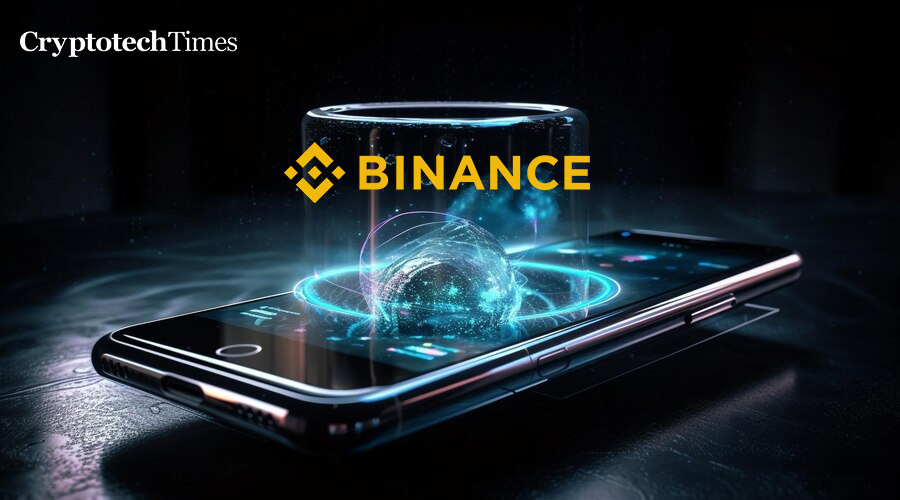
Binance Smart Chain: Unleashing Blockchain Innovation Through Smart Contract Development
In the expansive realm of blockchain technology, Binance Smart Chain (BSC) has emerged as a prominent player, offering a robust and efficient platform for smart contract development. Smart contracts, self-executing agreements with coded terms, have transformed various industries, and their implementation on Binance Smart Chain brings new possibilities for developers and businesses alike. This article explores the intricacies of smart contract development on Binance Smart Chain, shedding light on the process, advantages, and the burgeoning ecosystem.
Understanding Binance Smart Chain:
Binance Smart Chain, launched by the popular cryptocurrency exchange Binance, is a blockchain network that operates in parallel with Binance Chain. It is designed to support smart contracts, enabling developers to create decentralized applications (DApps) and execute programmable agreements efficiently. BSC boasts high throughput and low transaction fees, making it an attractive choice for developers seeking a cost-effective and scalable environment for their projects.
Getting Started with Smart Contract Development:
Choose Development Tools:
Binance Smart Chain supports a variety of development tools and frameworks for smart contract development. Popular choices include Remix, Hardhat, and Truffle. Developers can choose the tool that aligns with their preferences and project requirements.
Set Up Development Environment:
To begin smart contract development on Binance Smart Chain, set up a suitable development environment. This involves configuring the chosen development tools, connecting to the Binance Smart Chain network, and ensuring compatibility with the chosen programming language, typically Solidity.
Write Smart Contracts:
Smart contracts on Binance Smart Chain are primarily written in Solidity, a programming language specifically designed for Ethereum-based smart contracts. Developers can leverage existing Solidity contracts or create new ones based on their project needs, defining the logic and conditions of the contract.
Compile and Deploy:
Once the smart contract code is written, it needs to be compiled into bytecode. The compiled bytecode is then deployed onto the Binance Smart Chain network. Developers can use tools like Remix or Truffle for compilation and deployment processes, ensuring the smart contract’s successful integration into the blockchain.
Testing and Debugging:
Rigorous testing and debugging are crucial steps in smart contract development. Developers can use testing frameworks like Mocha or tools like Hardhat to simulate different scenarios and ensure the robustness and security of their smart contracts.
Advantages of Smart Contract Development on Binance Smart Chain:
Cost-Efficiency:
Binance Smart Chain is renowned for its low transaction fees, offering a cost-effective solution for deploying and executing smart contracts. This makes it particularly appealing for developers and businesses looking to minimize operational costs.
High Throughput:
BSC’s high throughput capabilities contribute to faster transaction confirmations, enhancing the overall efficiency of DApps. This feature is crucial for applications that require quick and seamless execution of smart contracts.
Interoperability:
Binance Smart Chain is designed to be compatible with the Ethereum Virtual Machine (EVM), allowing developers to port their Ethereum-based applications to BSC with minimal modifications. This interoperability simplifies the migration process for existing projects.
Community and Ecosystem:
Binance Smart Chain has cultivated a vibrant and growing community of developers, fostering collaboration and innovation. The ecosystem includes various tools, libraries, and resources that streamline the smart contract development process.
Challenges and Considerations:
1. Centralization Concerns:
Some critics argue that Binance Smart Chain’s consensus mechanism, which involves a smaller number of validator nodes compared to other blockchains, raises centralization concerns. Developers should consider the implications of this aspect on the decentralization of their applications.
2. Security Measures:
While BSC offers robust security features, developers must adhere to best practices in smart contract security. Thorough auditing, code reviews, and the implementation of secure coding standards are essential to mitigate potential vulnerabilities.
3. Scalability and Future Developments:
As the popularity of Binance Smart Chain continues to grow, considerations around scalability and future developments become pertinent. Developers should stay informed about updates, improvements, and potential changes to the BSC network.




